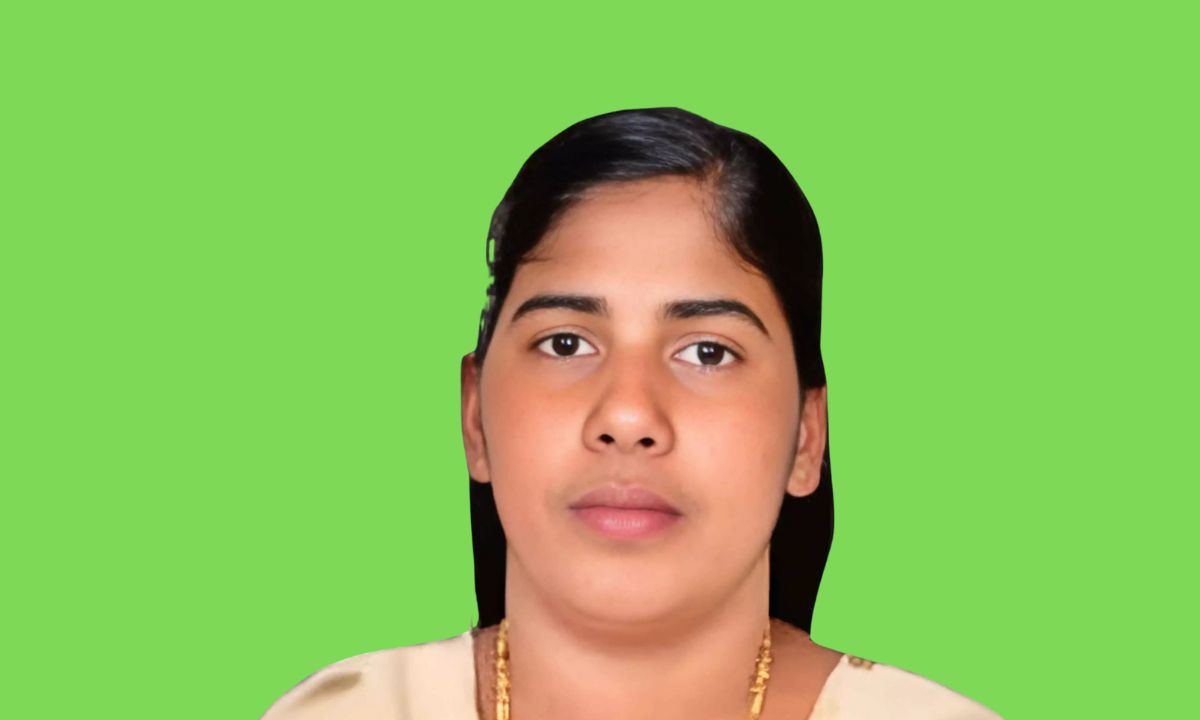Kerala nurse Nimisha Priya, who has been sentenced to death in Yemen for the murder of Yemeni national Talal Abdo Mehdi, is now at the centre of global attention not only for the case itself but for the legal process behind her punishment. Her execution, which was originally scheduled for Wednesday, has been temporarily postponed due to diplomatic intervention by the Indian government. However, her fate remains uncertain as she remains on death row.
What Is The Qisas Law In Nimisha Priya Case?
At the heart of this case is the Islamic principle of Qisas, a law rooted in the concept of equal retribution, similar to the saying “an eye for an eye.” Under this law, the family of the victim has the right to demand the death penalty, accept compensation (commonly called ‘blood money’ or diyah), or grant a pardon. In Nimisha’s case, the victim’s family, particularly Talal Mehdi’s brother, Abdelfattah Mehdi has made it very clear that they are not open to either compensation or forgiveness.
In a recent Facebook post, Abdelfattah stated that while many have approached them seeking a resolution, their demand remains non-negotiable: “Qisas and nothing else.” He also rejected suggestions circulating in Indian media that the family is only interested in financial settlement, calling those narratives inaccurate.
So, what exactly does Qisas involve? Under Islamic law, Qisas is meant for crimes committed intentionally. In this case, since the court has ruled that Priya deliberately killed Mehdi, the family is legally allowed to seek retributive justice a life for a life. There is also a lesser-known version of Qisas involving injuries, but that doesn’t apply here.
It’s important to understand that while Qisas is part of Yemen’s Sharia-based legal system, it is not enforced in every criminal case. Judges do consider various factors, and public or diplomatic pressure can influence outcomes. In fact, the very delay of Priya’s execution—reportedly without the victim’s family’s consent shows there may still be room for negotiation.
Also Read: Who Is Nimisha Priya? Indian Nurse Sentenced To Death In Yemen
Priya’s story dates back to 2011, when she moved to Yemen for work. She later opened a clinic with Mehdi as her mandatory local business partner. Reports suggest she may have also married him.
As of now, India’s diplomatic mission in Saudi Arabia is leading negotiations, with the help of Samuel Jerome, an Indian expat in Yemen. The efforts continue but the final word, it seems, rests with the victim’s family and their interpretation of justice under Qisas.
Also Read: Explained: How Kanthapuram’s Intervention Changes Nimisha Priya’s Case In Yemen

